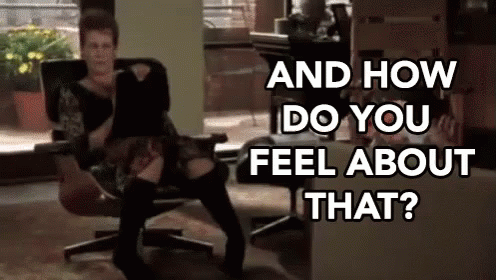Joking aside I genuinely enjoyed both workshops tremendously. I though they complimented each other so well when taught back to back. As a few people mentioned in class the other day, the workshop on Reader-Response theory actually helped some of us (including myself) better understand New Criticism.
New Criticism asks its readers to analyze a text completely subjectively, that any assumptions or interpretations made by the reader outside of the text are relatively unimportant. In contrast, a fundamental attribute of Reader-Response theory is that it is actually impossible to read a text completely subjectively. I tend to lean towards Reader-Response theory on this regard, no matter how much one tries to be subjective I feel like so many things - life experiences, our friends, our religion, our political ideology, who were dating, etc., you name the variable - subconsciously influence how we interpret a text. I think rather then trying to suppress our inherent biases (for lack of a better word), why not, to an extent, embrace them when analyzing a text? For me it makes the text more interesting to read sometimes, it makes me feel engaged, thinking my opinion is important to the texts interpretation. In that regard what Dr. Knapp said about how Reader-Response theory make a reader more aware of themselves outside of the reading, really resonates with me.
Image Credit: https://pbs.twimg.com/media/Ct4I0QEWEAAau9U.jpg








